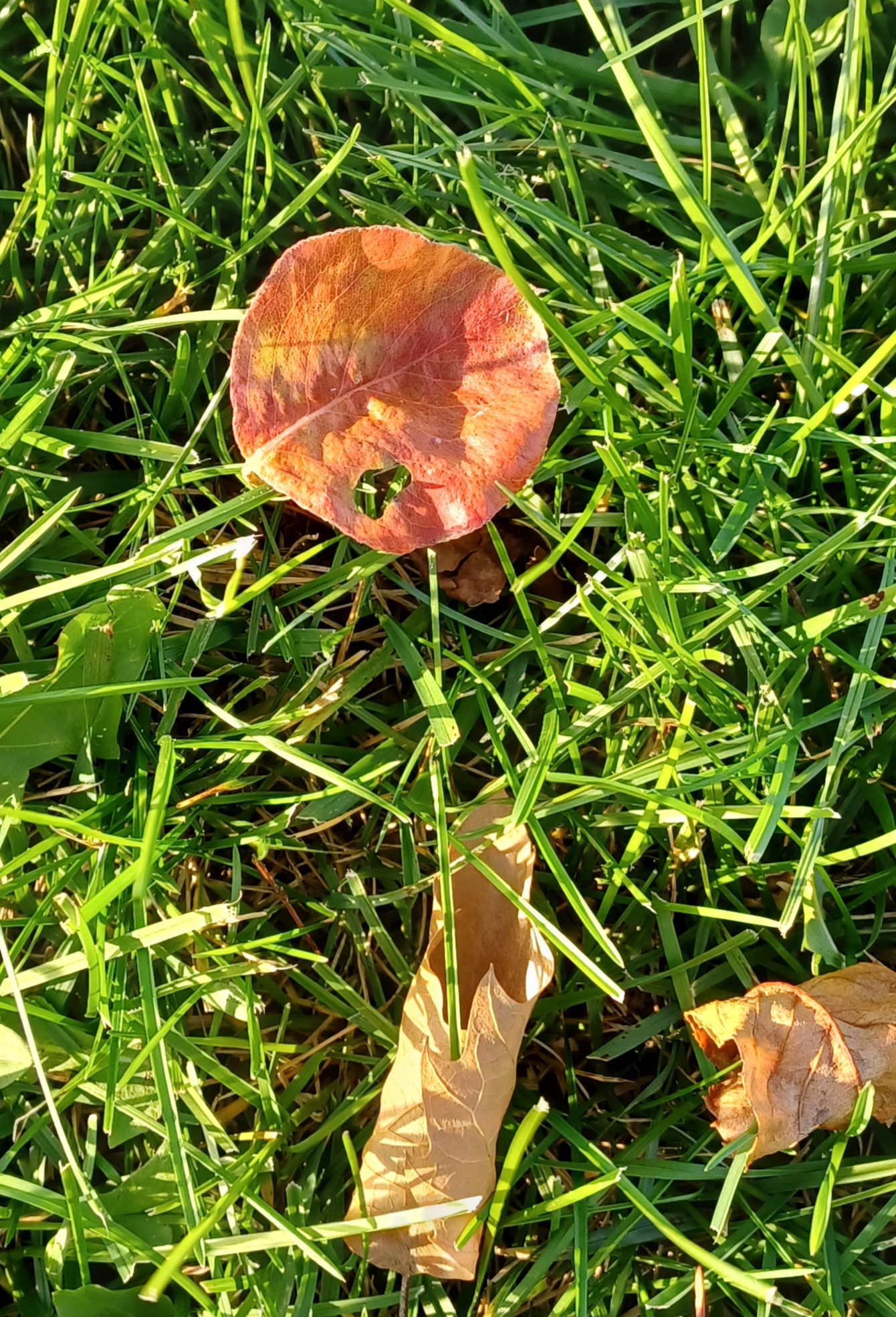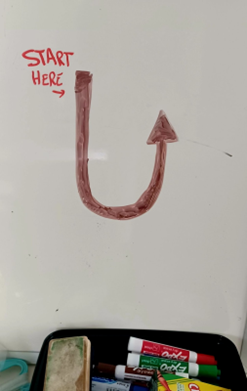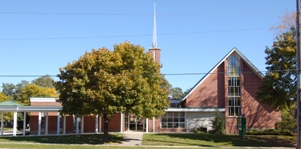Matthew, Mark, Luke and Susan
We’re glad you’re here!
Welcome to the weekly blog for Burlington East Presbyterian Church.
First things first: feel free to fill in your name instead of Susan. John might already be taken.
Here, you’ll find a weekly reflection which I hope will give you an opportunity to stop for a few minutes, to see yourself in God’s story of our own lives, of the community, and of creation. We’ll be thinking about what it means to live in God’s love for each of us, to grow as disciples and to follow Christ. If you have any questions or comments, please feel free to email me at [email protected].
Looking forward to journeying with you.
Peace in Christ,
Susan
October 16, 2024

Blog 7 Moments
Mark 6:39-46
You can read the passage here:
Mark 6:39-46 NIV – Then Jesus directed them to have all – Bible Gateway
The post-Thanksgiving-university-application-fall-sports-team-calendar-Christmas-is-only-70-days-away is upon us.
What did you do this weekend?
How many people did you have over for dinner?
Where did you go?
What will you do next year for university?
Where are you going for holidays next?
Are we there yet?
Sometimes, it seems we get lost in a barrage of questions that, while well intentioned, seem to push us to the next moment. And we’ve learned how to live in that push. We are pushed to set goals (a good thing), we try to make plans for ourselves, and others (often necessary, and usually good) and we make lists of what we want to accomplish. We tell stories of what we will do next, or how what we have done prepares us for what we do next. We push our stories into the future or tug them from our past.
But what if we took a second and rested here, right here, right now, just for a second?
When God created everything, in God’s time, there was a time when God rested and was present with creation without doing anything. And looking over it, God called it good. God says taking those moments is more than ok. Whatever our barrage of stories is, good or tough, God holds us in this moment, and in all moments. Sometimes, though, we don’t know God is holding us because we’re too busy rushing into the next thing. I’m not saying that as Christians we can stop moving forward. But sometimes we need to realize exactly where we are and Who we are with in the moment as we do.
I’m not good at resting and taking those moments. This one is taking practice for me. I’m working on it.
This week, I’d encourage us to stop in Christ’s presence. Breathe. Let the depth of Jesus’ grace and love come in, even if only for moments at first. Let God know what is in your heart and mind. Nowhere in the Bible does it say that burnout is a gift from God. There are lots of places where God gives peace, rest, and refreshing moments for whatever the next step in our journey holds. There are lots of times when people in the Bible got to stop for a moment. Jesus himself took moments with God after he had taught and fed over 5000 people. I would need a moment then, too.
Here are some moments to try—I am sure you have many of your own.
Look up at the stars just before going home from a late meeting and knowing that the God who made the stars is guiding you home.
A moment of watching steam spin from a coffee cup and wondering at all the forms water can take.
A moment of feeling a baby’s fingers curl around your little finger because that’s all they can hold right now.
Seeing your hair turn grey and wonder at all the wisdom and life that God guided you through to this point.
Watching one leaf fall.
Being content with just this breath.
Hearing the key turn in the door and knowing someone is safely home.
Singing or playing a beautiful major chord.
May God bless you with moments of presence this week.
Peace in Christ,
Susan
Photo and content © Susan Kerr 2024. May not be reproduced or circulated without permission of the author.
October 9, 2024

U-Turns
Scripture link : Luke 17:11-19 CEV – Ten Men with Leprosy -On his way to – Bible Gateway
If you have ever driven at the mercy of Siri’s directions, you know that driving instructions are not always, shall we say, ideal. While driving a few years ago, we missed a right turn, and had to battle Siri’s earnest pleas for the next two blocks to “make a U turn, make a U turn”. The suggested ‘U-turn’ would have involved going over a boulevard, through a tree, and into oncoming traffic. Sometimes we need to turn around. Sometimes it’s not the safest thing to do.
But sometimes it’s both. And it’s the way we need to go.
A group of lepers with a contagious skin disease had asked Jesus to heal them. By telling them to go show themselves to the priests of that day, the men would demonstrate that they had no new skin lesions, and the ones they had were healing. This means they could possibly rejoin their families and communities and work..and resume life.
They went, following Jesus’ word.
Then, one did a U-turn. Maybe he was looking down at his hands or feet and saw lesions disappearing. We aren’t sure what made him know that he was healed.
He stopped.
He made a U-turn and went back to Jesus.
He was a Samaritan, a citizen who would have no standing in Jewish society (but in a leper colony, everyone was pretty equal). Healed, he would resume his place as someone who was despised by the Jewish people. He risked losing the approval of the priests and took the time to go back and thank Jesus.
Jesus says he’s done the right thing. This turning around, this stopping the journey and realizing the source of healing and good things to come, this thanksgiving are all marks of faith.
Sometimes we need to turn around to say thanks.
Sometimes it’s risky, maybe not the safest thing to do.
Sometimes it’s both.
This weekend, we celebrate Thanksgiving. We look around, we are grateful, we think how we can help Thanksgiving be a reality for all who need food, shelter, hope and healing.
I’d encourage us to take a moment to look back. To ask ourselves some questions:
What things on our journeys do we still need to thank God for? What has God done in the past day, week, year that we’ve taken for granted?
Where would it be risky to stop and openly give thanks and credit to God for something that’s happened in our life ?
Dear God, Thank you for the ways you work in my life. Maybe I don’t always understand what You’re doing until I’m in the middle of a miracle that You’re doing, but I know and trust that you are always working. When I do understand, when I do see what You’re doing, well, in that moment, teach me to stop and go back and say thank you. Then, may we go on together. In Jesus name, Amen.
Photo and content © Susan Kerr 2024. May not be reproduced or circulated without permission of the author.
